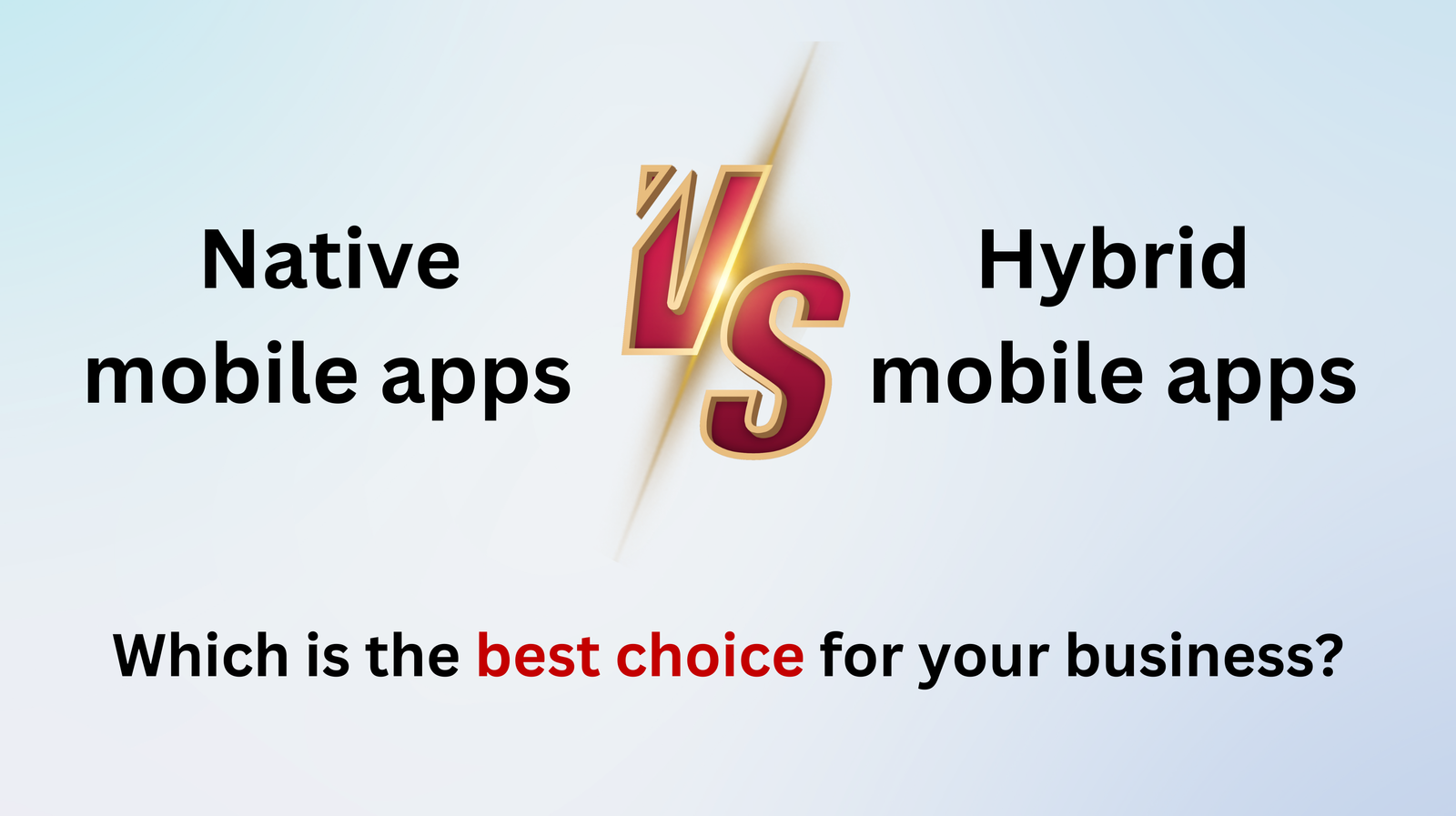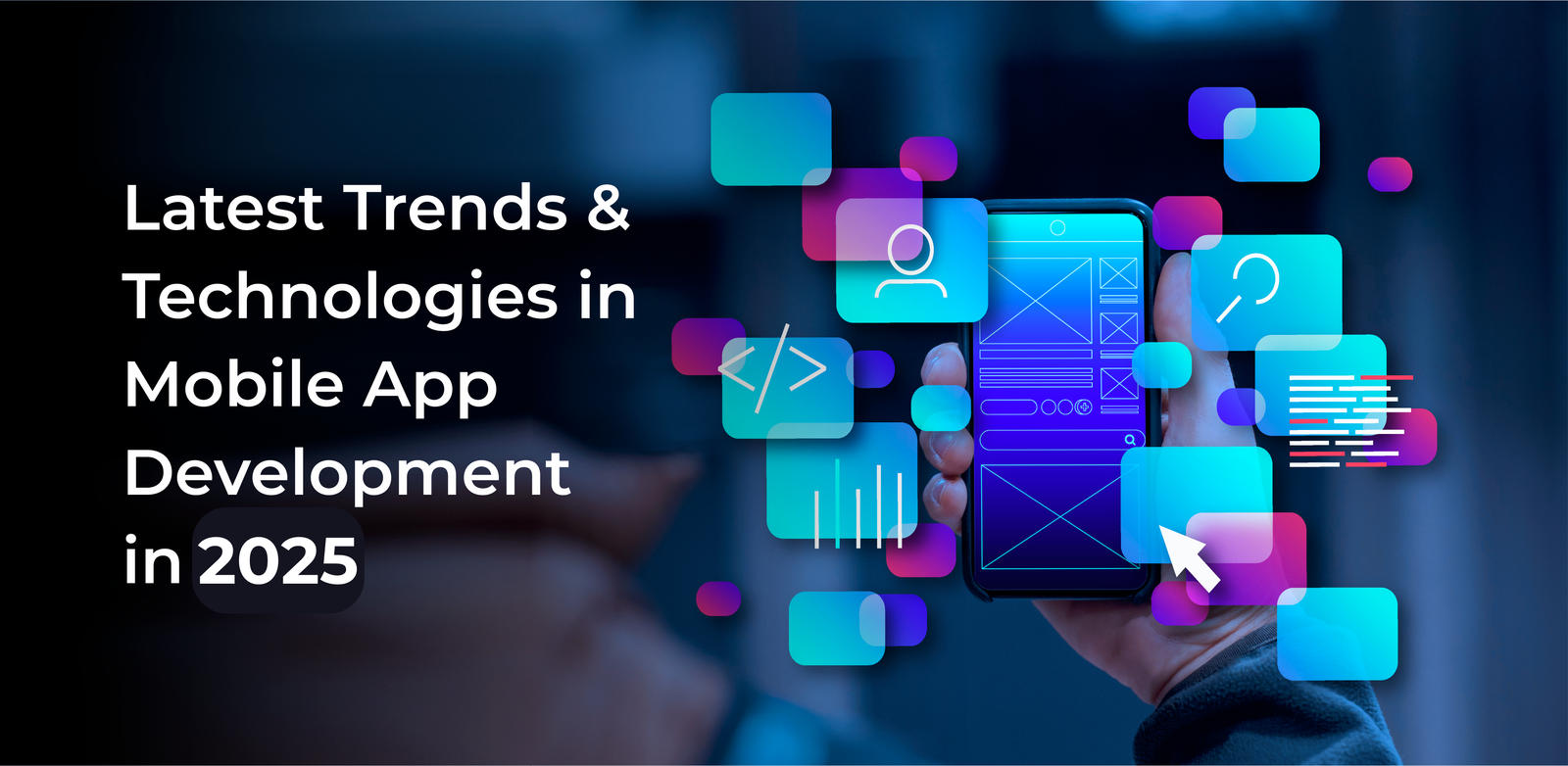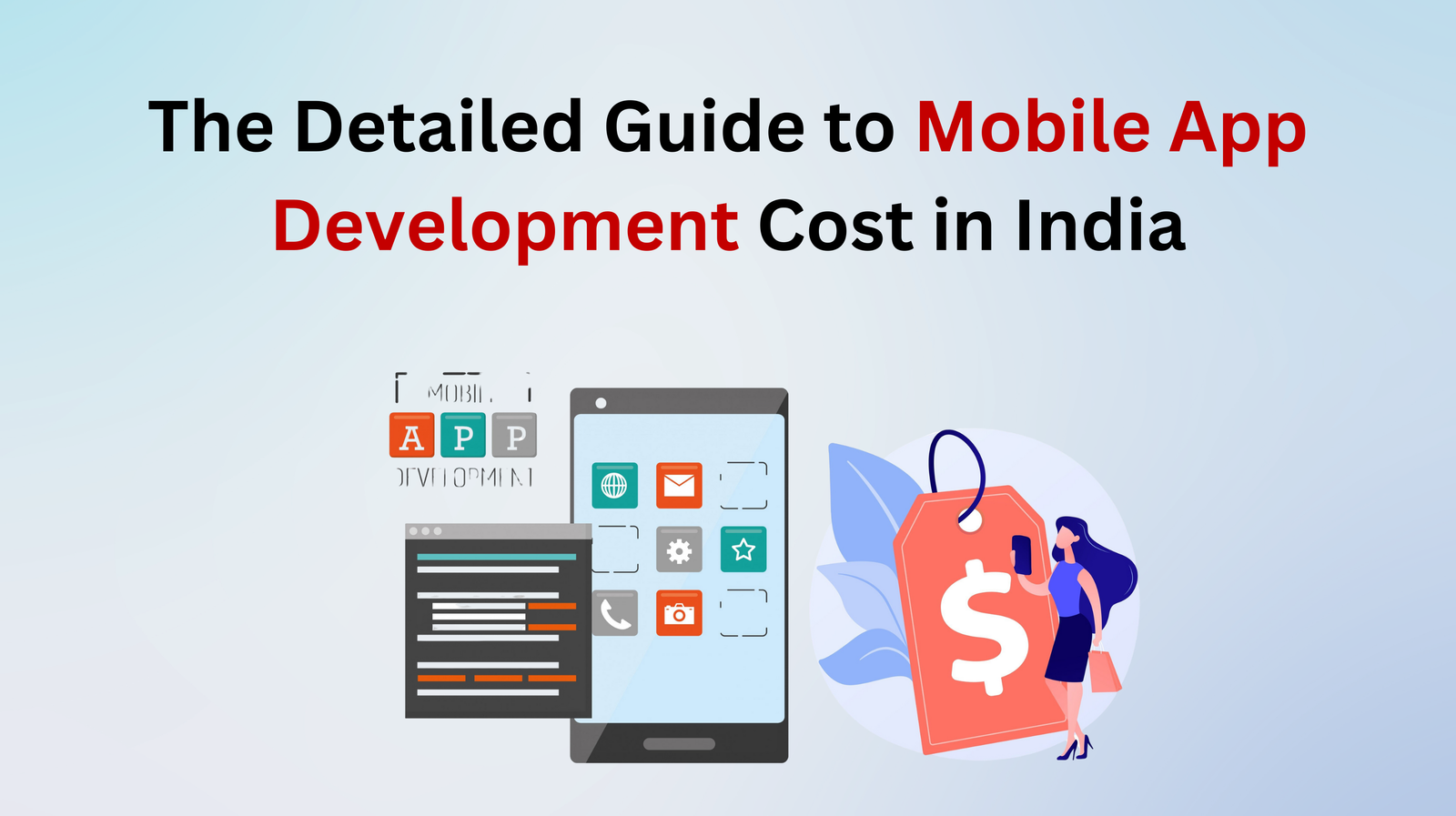Table of Contents
- Introduction
- Understanding mobile app development
- What are native mobile apps?
- What are hybrid mobile apps?
- Key differences between native and hybrid mobile apps
- Pros and cons of native mobile apps
- Pros and cons of hybrid mobile apps
- When to choose native vs hybrid mobile apps
- Cost Comparison: Native vs Hybrid mobile apps
- Performance and user experience analysis
- Maintenance and updates
- Time to market
- Case studies: Real world examples
- Future trends in Mobile app development
- Conclusion
- Why choose Excite Template for mobile app development?
Introduction
The mobile app industry is changing and growing rapidly. Various companies and businesses must choose the right way to develop their application. An important decision is whether to go with native or hybrid mobile apps. Because each app has its own advantages and disadvantages. Native apps are uniquely built for one specific platform, utilizing its dedicated programming languages and tools. It offers high performance and the best user experience. While hybrid apps use web technology to run on multiple platforms. It helps to develop faster and reduce costs. This blog will help you understand the differences between native and hybrid mobile apps. We will analyze the pros and cons of each option and discuss when it is best to choose one over the other. So you can select the one that meets your business goals and needs. Let’s dive into a detailed comparison of native vs hybrid mobile apps.
Understanding mobile app development
Mobile app development refers to the creation of software applications that are designed to operate on mobile devices. Mobile app development mainly uses two methods: native and hybrid mobile apps. Native apps are made for specific platforms like iOS or Android. Hybrid apps use web languages like HTML, CSS, and JavaScript, letting them work on multiple platforms with one codebase. The approach you choose directly impacts critical aspects like the overall user experience, budget considerations, and how quickly your app can be brought to market.
What are native mobile apps?
Native mobile apps are designed and built specifically for a particular operating system (OS), such as iOS or android. These apps use the platform’s native programming languages—Swift or Objective C for iOS and Kotlin or Java for android. They take full advantage of the device’s hardware and software capabilities, resulting in high performance and a smooth user experience.
Key Features:
- Written in platform-specific programming languages
- Provide better performance and speed
- Access to full device capabilities (camera, GPS, etc.)
- Requires separate development for each platform
What are hybrid mobile apps?
Hybrid mobile apps are built using web technologies such as HTML, CSS, and JavaScript, which are then wrapped in a native container. This allows the app to run across multiple platforms with a single codebase. Popular frameworks for hybrid app development include Ionic, React Native, and Flutter.
Key Features:
- Single codebase for multiple platforms
- Built using web technologies
- Faster development cycle
- May face performance limitations compared to native apps
Key differences between native vs hybrid mobile apps
Aspect | Native Apps | Hybrid Apps |
Development Language | Swift/Objective-C (iOS), Kotlin/Java (Android) | HTML, CSS, JavaScript |
Performance | High (platform-optimized) | Moderate (dependent on web technologies) |
User experience | Excellent (OS-specific) | Varies (may lack native feel) |
Development time | Longer (separate codebase) | Shorter (single codebase) |
Maintenance | Separate updates for each platform | Easier to maintain (one codebase) |
Access to device features | Full access to device capabilities | Limited (depends on plugins) |
Cost of development | Higher (platform-specific development) | Lower (single codebase for all platforms) |
Time to market | Longer (separate app development) | Faster (simultaneous release on multiple platforms) |
Pros and cons of native mobile apps
Pros
- High performance: Native apps are optimized for their platform leading to a smoother and faster experience.
- Better user experience: They offer a seamless interface that aligns with the platform’s design standards.
- Access to device features: Direct access to device functionalities like GPS, camera, and sensors.
- Security: Native apps are generally considered more secure because they can integrate platform-specific security measures.
Cons
- Higher development costs: Separate development for each platform increases costs.
- Longer development time: Developing and maintaining two codebases (iOS and Android) takes more time.
- Maintenance effort: Requires updating both versions independently.
Pros and cons of hybrid mobile apps
Pros
- Lower development costs: A single codebase reduces development expenses.
- Faster development cycle: The ability to launch the app simultaneously across multiple platforms speeds up time to market.
- Easy maintenance: Updates and bug fixes can be applied to one codebase.
- Cross platform compatibility: Reach a broader audience by deploying to multiple platforms.
Cons
- Limited performance: Not as fast or responsive as native apps, particularly with complex graphics or animations.
- User experience limitations: May not feel as “native” due to differences in UI/UX.
- Dependency on third party plugins: To access native device features, hybrid apps often rely on plugins, which may not always be reliable.
When to choose native vs hybrid mobile apps
Native mobile apps
- Performance-Critical Applications: Apps that require high responsiveness, such as gaming or augmented reality (AR) apps.
- Platform-Specific Features: If the app needs access to specialized hardware or software capabilities.
- User Experience Priority: When delivering a high-quality user experience is essential, native apps are preferable.
Hybrid mobile apps
- Cost-Effective Development: Suitable for startups and businesses with limited budgets.
- Faster Time to Market: Ideal when the goal is to launch quickly across multiple platforms.
- Simple and Content-Focused Applications: Apps that do not require extensive use of device features or complex animations.
Cost Comparison: Native vs Hybrid mobile apps
The development cost of native apps is higher due to the need for separate codebases for iOS and Android, which means hiring developers proficient in different programming languages. According to industry reports, the average cost to build a native app can range from $50,000 to $250,000, depending on the complexity. In contrast, hybrid apps can cost between $20,000 and $150,000, as the single codebase reduces development expenses.
Performance and user experience analysis
Performance is a key factor in the debate on native vs hybrid mobile apps. Native apps are inherently faster because they are built specifically for the platform, allowing for smooth animations and quick responses. Hybrid apps may experience delays and limitations, particularly in graphics-heavy applications. However, modern frameworks like Flutter have narrowed the gap, enabling hybrid apps to deliver near-native performance.
Maintenance and updates
Maintaining native apps requires separate updates for each platform, increasing the time and effort involved. However, updates are often more reliable and integrated seamlessly into the platform’s ecosystem. Hybrid apps can be updated more easily, but the use of third-party plugins may occasionally introduce compatibility issues.
Time to market
Hybrid apps offer a significant advantage when time is a critical factor, as a single codebase allows for simultaneous deployment on iOS and Android. For businesses needing to launch quickly, hybrid development can shorten the timeline by 30-50%. Native apps, while offering better performance, may take longer due to the need for dual development.
Case Studies: Real-world examples
- Instagram: Originally a native app, Instagram later incorporated hybrid elements to streamline development for Android and iOS.
- Uber: Uses a hybrid approach, taking advantage of web technologies to update features and design elements quickly.
- LinkedIn: Initially a hybrid app, LinkedIn later switched to native development to improve performance and user experience.
Future trends in mobile app development
The future of mobile app development is leaning toward progressive web apps (PWAs) and cross-platform frameworks like Flutter and React Native, which bridge the gap between native and hybrid approaches. Advancements in cloud technology, machine learning, and augmented reality are pushing developers to consider hybrid options for flexibility while still aiming to achieve near-native performance.
Conclusion
Both native and hybrid mobile apps have their own set of advantages and limitations. The choice between the two largely depends on key factors such as budget, performance requirements, user experience, and time to market. If your application demands high performance and a seamless user experience, native apps are often the superior choice. On the other hand, hybrid mobile apps are ideal for businesses looking for a cost-effective solution and a faster time to market. Ultimately, carefully evaluating your business needs and goals will guide you in making the best decision between native vs hybrid mobile apps.
Why choose Excite Template for mobile app development?
We Excite Template, a mobile app development company in Pune specializes in both native and hybrid mobile app development, offering custom solutions that align with your business goals. Our expert developers and designers work closely with clients to deliver high-quality, performance-driven mobile apps that cater to the needs of modern users. Whether you need a native app with a stunning user interface or a cost effective hybrid solution, we ensure a seamless development process that brings your vision to life. Contact us today to learn how we can help you with your mobile app development needs in Pune.
Curious about the costs of developing mobile apps?
Read our guide: The Detailed Guide to Mobile App Development Cost: Factors to Consider.
Don’t miss out on the Latest Trends and Technologies in Mobile App Development in 2025 to future-proof your app.






